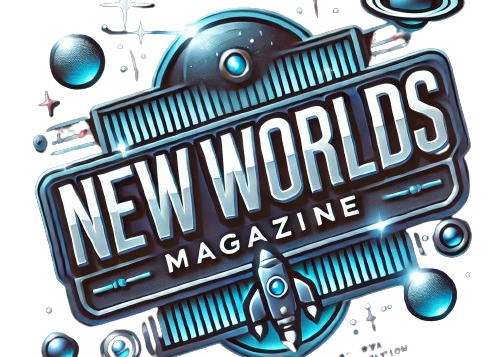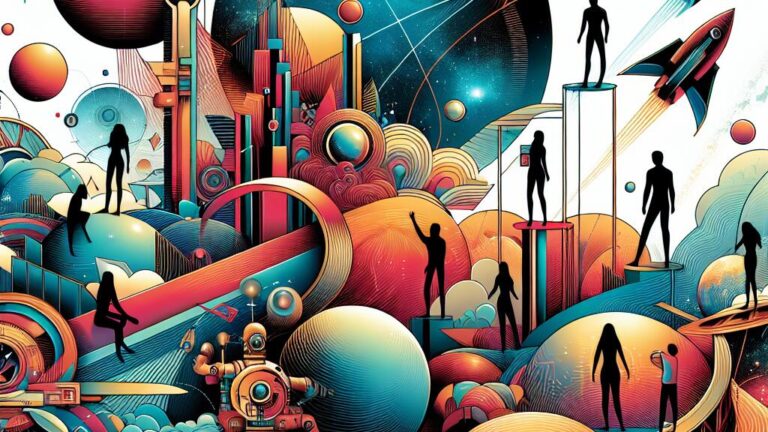Universal Appeal
Music, with its captivating melodies and moving rhythms, possesses a unique ability to transcend cultural and linguistic barriers. Regardless of where one comes from or what language they speak, music has the power to evoke emotions and connect people on a profound level. From the tribal beats of Africa to the classical compositions of Europe, music has been a constant companion to humanity, fostering a sense of unity and belonging.
The beauty of music lies in its universality – a song can speak to the heart of a listener without the need for words. Whether it’s a catchy pop tune or a soul-stirring symphony, music has a way of resonating with individuals from all walks of life. This universal appeal of music allows it to serve as a vehicle for emotional expression and communication, making it a powerful force for bringing people together in harmony and understanding.
Elements That Make Music Relatable Globally
Music possesses unique qualities that enable it to transcend cultural and linguistic barriers, making it relatable on a global scale. One of the key elements that contribute to music’s universality is its emotional impact. Regardless of language or background, music has the ability to evoke a wide range of emotions such as joy, sadness, excitement, and nostalgia. This emotional resonance allows people from diverse backgrounds to connect and relate to the same piece of music, fostering a sense of unity and commonality.
Furthermore, the rhythm and melodies found in music play a significant role in its global appeal. Many musical styles incorporate universal elements such as repetitive rhythms or catchy melodies that have a broad appeal across different cultures. As a result, individuals from various parts of the world can appreciate and enjoy the same music even if they do not understand the lyrics. This shared musical experience helps to break down barriers and foster a sense of community among people from different cultural backgrounds.
Healing Power of Music
Music has long been recognized for its healing power, transcending cultural and language barriers to evoke emotional responses in individuals worldwide. The therapeutic benefits of music have been studied extensively, with research indicating its ability to reduce stress, alleviate symptoms of anxiety and depression, and even improve cognitive function. Music therapy, a recognized form of treatment, harnesses the emotional and psychological impact of music to promote healing and well-being.
The universal appeal of music in healing is evident in its ability to evoke memories, emotions, and physical responses in individuals regardless of their background or native language. Whether it’s a soothing melody to calm a restless mind or an upbeat rhythm to lift the spirits, music has the power to connect people on a profound level. As individuals engage with music, they often experience a sense of comfort, catharsis, and empowerment that can aid in their healing journey.
Music Therapy and its Psychological Effects
Music therapy is a powerful tool that can have a profound impact on an individual’s psychological well-being. Through the use of music, therapists can help patients express their emotions, reduce stress and anxiety, improve communication skills, and enhance overall mental health. By engaging in musical activities, patients are able to connect with their emotions in a unique way, facilitating the therapeutic process and promoting healing.
Researchers have found that music therapy can be particularly effective in treating individuals with various mental health issues, such as depression, PTSD, and schizophrenia. The rhythmic and melodic elements of music have a soothing effect on the brain, promoting relaxation and stress relief. Additionally, music therapy can help patients build self-esteem, enhance their creativity, and develop coping mechanisms for dealing with challenging emotions. Overall, the psychological effects of music therapy are vast and far-reaching, offering a holistic approach to mental health treatment.
Technological Advancements
The landscape of music has been significantly transformed by technological advancements in recent years. The digitization of music and the rise of streaming platforms have revolutionized the way people consume and interact with music globally. With just a few clicks, listeners can access an infinite library of songs spanning different genres and cultures, breaking down geographical barriers and connecting individuals from around the world through the power of music.
Furthermore, technological innovations have not only expanded the reach of music but have also empowered artists to create and produce music in more accessible and cost-effective ways. Advancements in music production software and equipment have democratized the music-making process, allowing artists to experiment, collaborate, and release their work to a global audience with greater ease. This democratization of music production has led to a diverse array of voices and sounds emerging in the music industry, enriching the global music scene with an unprecedented variety of musical expressions.
Reshaping Music Consumption Patterns
The way people consume music has undergone a significant transformation in recent years due to technological advancements. With the rise of streaming services like Spotify, Apple Music, and Pandora, music consumption has shifted from physical formats like CDs and vinyl records to digital platforms. These streaming services allow listeners to access a vast library of songs at their fingertips, providing convenience and instant gratification in comparison to traditional methods of purchasing individual albums.
Moreover, the advent of social media and online platforms has also played a crucial role in reshaping how people discover and engage with music. Artists can now connect with their fans directly through social media channels, share their music across different platforms, and create a more interactive and personalized experience for their audience. This direct interaction has not only democratized the music industry but has also empowered independent artists to reach a global audience without the need for a traditional record label backing.
Economic Importance
Music plays a crucial role in the global economy, with the music industry serving as a significant contributor. From live concerts and music streaming services to merchandise sales and licensing agreements, the economic impact of music transcends borders. The revenue generated from music-related activities not only supports artists and record labels but also fuels various sectors, creating jobs and stimulating economic growth.
Furthermore, music tourism has become a booming industry, with fans traveling far and wide to attend music festivals, concerts, and events. This trend not only boosts the local economy of host cities but also promotes cultural exchange and tourism. The economic importance of music is evident in the diverse range of industries it influences, making it a vital component of the global economy.
Music Industry’s Contribution to Global Economy
The music industry plays a significant role in contributing to the global economy. With the rise of digital platforms and streaming services, the industry has experienced a shift in revenue streams, allowing for increased accessibility and consumption of music worldwide. Artists, record labels, streaming services, and concert promoters all play a part in generating revenue that flows through various sectors of the economy.
In addition to direct revenue generated by music sales and concerts, the industry also contributes to ancillary sectors such as tourism, hospitality, and merchandise sales. Major music events and festivals attract large audiences from around the world, stimulating local economies by creating jobs, boosting tourism, and driving sales of related products and services. This interconnected network of economic activity demonstrates the far-reaching impact that the music industry has on the global economy.
FAQS
Is music truly a universal language?
Yes, music is considered a universal language because it transcends cultural and language barriers, connecting people from different backgrounds through emotions and feelings.
What are the elements that make music relatable globally?
Elements such as rhythm, melody, and harmony contribute to making music relatable globally as they evoke universal emotions and responses in listeners regardless of their language or cultural background.
How does music play a role in healing and therapy?
Music has been used in therapy for its healing power, known as music therapy, which can have psychological effects such as reducing stress, anxiety, and improving overall well-being.
How have technological advancements reshaped the way we consume music?
Technological advancements have reshaped music consumption patterns through streaming services, digital downloads, and social media platforms, providing easier access to a wide variety of music globally.
What is the economic importance of the music industry on a global scale?
The music industry makes significant contributions to the global economy through revenue generated from music sales, concerts, streaming services, licensing, and merchandise sales, creating job opportunities and driving economic growth.







